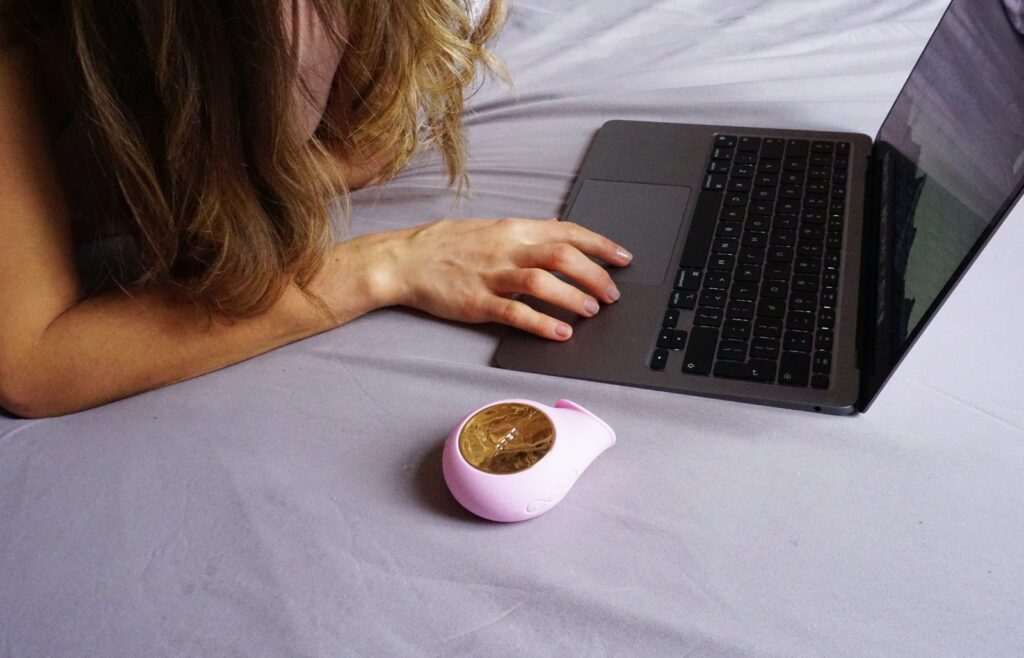Breast cancer is the second most common type of cancer for women in the US. The good news is breast cancer is treatable with successful early diagnosis. A mammogram is a type of X-ray that’s done to find changes or abnormalities in breast tissues. If your doctor orders a routine checkup, you will go for a screening mammogram. When there are evident signs of issues, such as lumps in the breast, you will need to undergo a diagnostic mammogram, which is more detailed. Before you step into a mammography screening clinic Meridian, here is what you need to know.
How long does a mammogram take?
A standard mammogram takes about 20 to 30 minutes. The technician will place one of your breasts between two plates. The mammogram machine will take images of the breast. The breast must be compressed to keep it stable to get clear images. There can be some discomfort during the screening, but it is usually bearable with almost no pain. The skills of the technician are also important. If you are unable to hold the position or feel too uncomfortable, let the technician know. Many doctors often recommend a 3D mammogram and a standard mammogram to get a more comprehensive look at the breast tissues.
How to minimize discomfort during a mammogram?
Ideally, it would be best if you went for a mammogram a week after your period. Right after a period, hormonal changes can increase sensitivity in the breasts. Ask your doctor if you can take any medication, such as anti-inflammatory medicines, to reduce pain. Padding is also used at some testing facilities. Make sure that you keep stress at bay, although it’s easier said than done. A mammogram exposes your body to a small amount of radiation, which usually is not harmful and doesn’t pose serious risks. However, let the doctor know who may recommend other tests instead of a mammogram if you are expecting.
Getting your report
Mammogram results can take up to a week, and you may have a hard time understanding the report. Meeting your doctor will explain all details, and if the mammogram is positive, your doctor will further suggest other tests to confirm the diagnosis. A 3D mammogram along with ultrasound and MRI scans can help detect breast cancer at an early stage. In some cases, doctors may also rely on a biopsy.
Select a reliable and known testing facility for your mammogram. Make sure that you ask all relevant questions before undergoing the screening.
Related Posts
You may also like
-
Reformas Integrales en Sant Pol de Mar: Tu Proyecto con Éxito
-
Christmas Decorations for Businesses – Why Custom Baubles Are Worth the Investment
-
Cómo Elegir al Mejor Abogado para tu Caso
-
Improving Digital Presence with High Speed Singapore Business Broadband
-
Tips To Choose Between .com and .one Domain

